Lab Director
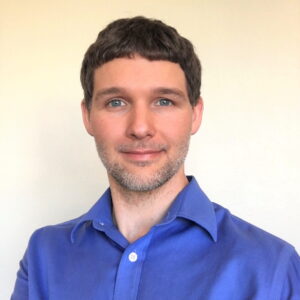
Gregg R. Sparkman, Ph.D. › Assistant Professor
Professor Sparkman (he/him) studies psychology and social change, including research on scalable interventions to address social problems related to the environment, health, and social inequity. He examines motivations to change behavior and how to advocate for change, including the role of social influence, identity, moral reasoning, and beliefs about whether change is possible. Much of his work explores how learning about trends in norms over time and perceiving others’ change can catalyze personal change.
CV | Twitter
Graduate Students

Fazli Salim › 1st-Year Ph.D. Student
Fazli (she/her) broadly combines social psychology, public policy, and environmental change in her research. She focuses on the psychological drivers behind actions against threats such as climate change and how large-scale behavioral shifts relate to policy perceptions over time. She aims to compare these dynamics across diverse socio-cultural contexts, including developed and developing countries. She holds an M.Phil. from IIT Bombay, an MPA from Jamia Millia Islamia, and a Bachelor’s degree from the University of Delhi. Before joining Boston College, she worked as an interdisciplinary researcher and consultant with various non-profit organizations.
LinkedIn | Twitter

Marcus Trenfield › 3rd-Year Ph.D. Student
Marcus (he/him) received his B.A. in Psychology from Harvard University. He is broadly interested in studying the factors that promote and inhibit cooperative and prosocial behavior, particularly when addressing collective action problems.

Isaac Handley-Miner › 5th-Year Ph.D. Student
Isaac (he/him) is a 5th-year Ph.D. student interested in how people think about the concept of truth, evaluate the credibility of information sources, and decide what information to trust. He is also passionate about open science and interested in metascientific approaches to evaluating the methods used in psychology. Before starting at Boston College in Fall 2020, he received his B.A. in economics from Hamilton College and worked as a lab manager at Stanford University.

Trystan (Trys) Loustau › 3rd-Year Ph.D. Student
Trys (she/her) is a third-year Ph.D. student interested in boundary crossers, people who resist social norms and exist at the intersections of conflicting social groups. Her research focuses on people who hold counterstereotypical identities, such as Christian liberals, and explores how social identity complexity influences social cognition, including moral judgment.
Trys also studies contrarians, individuals who diverge from the mainstream. In a recent project, Trys developed the Contrarianism Scale to measure trait contrarianism. Trys’ work also examines how autistic people often diverge from conventional group-binding moral foundations. In other recent work, Trys investigates flexible approaches to social group membership, particularly in the contexts of punishment and partner choice.
Trys’ research is sponsored by the National Science Foundation Graduate Research Fellowship.
Outside the lab, Trys has experience in applied settings. She currently serves as a Research Consultant for More in Common, a non-profit dedicated to bridging social divides. Previously, she was a Research Fellow for the Listen First Project, a non-profit that manages national campaigns and strategies to promote social cohesion.
Postdoctoral Researchers
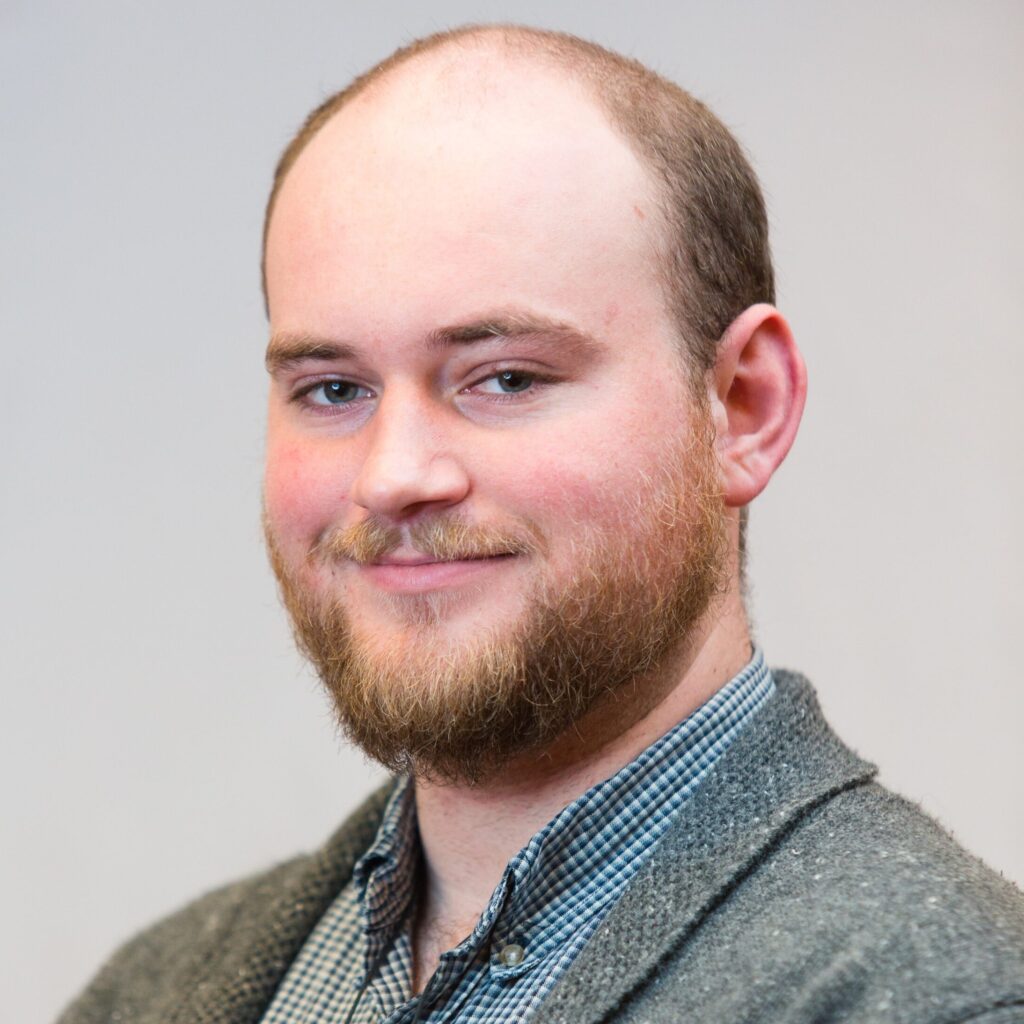
Joel Ginn, Ph.D.
Joel (he/him) received his Ph.D. (2022) and M.S. (2021) in Social Psychology with a concentration in Peace and Violence Studies from the University of Massachusetts Amherst under the mentorship of Dr. Brian Lickel, and a B.A. in Psychology with a concentration in Peace and Conflict Studies from Oberlin College (2014). His research focuses on people’s beliefs about social change and their perceptions of social change actions/actors. He has primarily focused on environmental action and meat reduction/veganism, examining how social identity (e.g., flexitarianism vs. vegetarianism) and beliefs about the efficacy of individual and systemic actions affect support for and reactions to social movements. Joel has also worked as a methodological consultant (Center for Research on Families) and research associate (See Change Institute) studying social change in other domains.
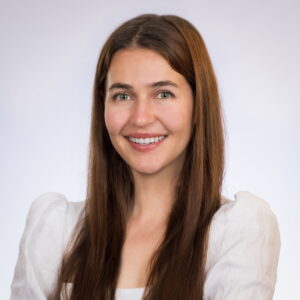
Jordan Wylie, Ph.D. › NSF SBE Postdoctoral Research Fellow
Jordan (she/her) is broadly interested in how morality shapes how we see, reason, and make judgments about our worlds. Specifically, she investigates how moral rules and norms influence judgments of rule breakers and the kinds of moral minds we are curious to know more about. She uses a blend of survey, behavioral, and economic game methods and draws on theory from a diverse range of perspectives, including social psychology, affective science, and philosophy to examine how morality influences broader cognitive processes. She is affiliated with the Center for the Science of Moral Understanding and was a Research Fellow at the think tank More in Common where her work focused on the intersection of morality and politics. She received her B.A. from Emory University, double-majoring in Psychology and Anthropology, and received her Ph.D. in Psychology with a concentration in Quantitative Methods from The Graduate School, CUNY in Summer 2022.
Personal Website | Twitter | CV
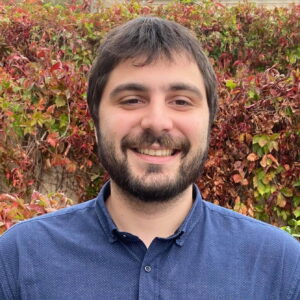
Stylianos (Stelios) Syropoulos, Ph.D.
Stelios (he/him) conducts research on how perceptions of past and future generations influence intergenerational, environmental, and moral decision-making. Specifically, he is interested in what motivates individuals to engage in prosocial action—even at a personal cost. Other research interests include the antecedents and consequences national identification, the psychological impact of perceived personal safety or the lack thereof, and the influence of high-quality, close relationships on our physical and mental health. He has considerable expertise working as a quantitative methodological consultant for two years. He is skilled in and frequently employs multilevel/hierarchical linear modeling, longitudinal, dyadic (APIM) designs, and structural equation modeling. Stelios received his B.A. in Psychology from Franklin & Marshall College in 2018 and his Ph.D. in Social Psychology with a concentration in the Psychology of Peace and Violence from the University of Massachusetts Amherst in Fall 2022. At Boston College, he is a Postdoctoral Research Fellow in the Social Influence and Social Change Lab, the Morality Lab, and the Schiller Institute for Integrated Science.
Google Scholar | Twitter | CV
Full-Time Research Staff
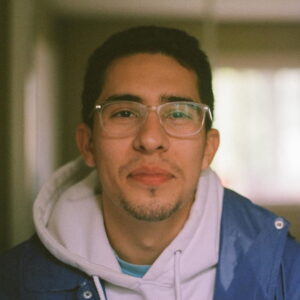
Phil Jauregui › Lab Manager, Research Associate
Phil (he/him) is primarily interested in the interplay between public policy and subjective well-being (SWB), with a focus on substantiating public policy reform that enhances SWB. Serving as a lab manager and research associate, Phil hopes his research will enable policymakers to engage in data-driven decision-making that augments well-being. Phil received a B.A. in Psychology and Philosophy from Claremont McKenna College in 2017 and an M.A. in Psychology, with a concentration in Social Psychology, from NYU in 2021.
CV | LinkedIn
Research Assistants
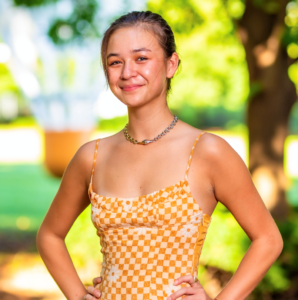
Zosia Czerwinski › Undergraduate Research Assistant
Zosia (she/her) is currently pursuing her bachelor’s degree in environmental studies, focusing on climate change and societal adaptation. She is broadly interested in social ecology, nature narratives, and dismantling the notion that natural spaces are inherently wild and untouched. She plans on pursuing a PhD in natural resources management or conservation ecology. Her work in the lab is mainly related to researching the effects of minority rule and (eventually) decorating the lab space.
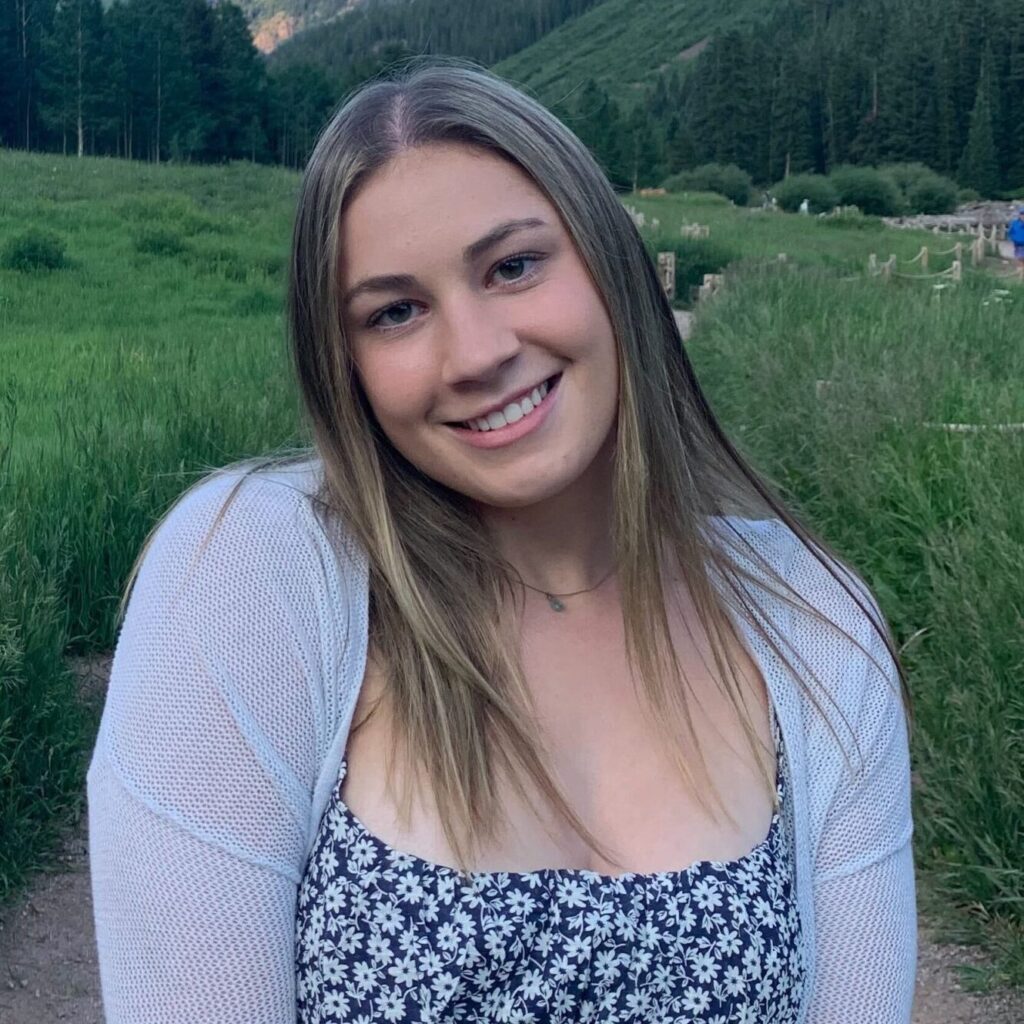
Emily Langdon › Undergraduate Research Assistant
Emily (she/her) is currently a junior pursuing a Bachelor’s in Psychology and a minor in Business Marketing. She is broadly interested in studying people’s motivations for social change and the judgments made about such efforts for change. In her time at the SISC Lab, Emily has engaged in work on environmental action, land acknowledgments, and pluralistic ignorance in its relation to ironic electability.
Resume
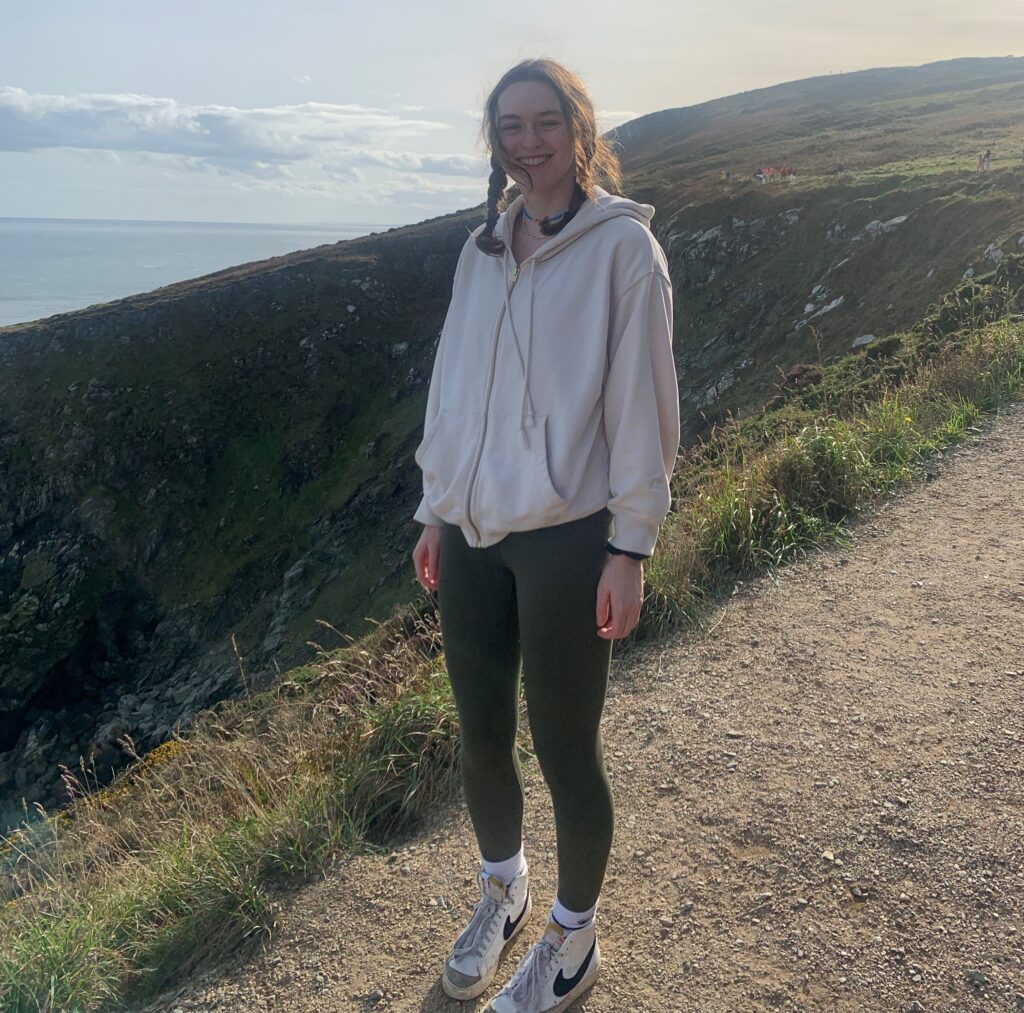
Sally Carpenter › Undergraduate Research Assistant
Sally (she/her) is currently a junior pursuing her Bachelor’s in Psychology with a minor in Environmental Studies. She is broadly interested in sustainable behavior in individuals, deviant behavior, and the ways in which social media can play a role in these phenomena. Additionally, she hopes to engage more in research focusing on conservation technology and the intersection of psychology with climate change.
Resume
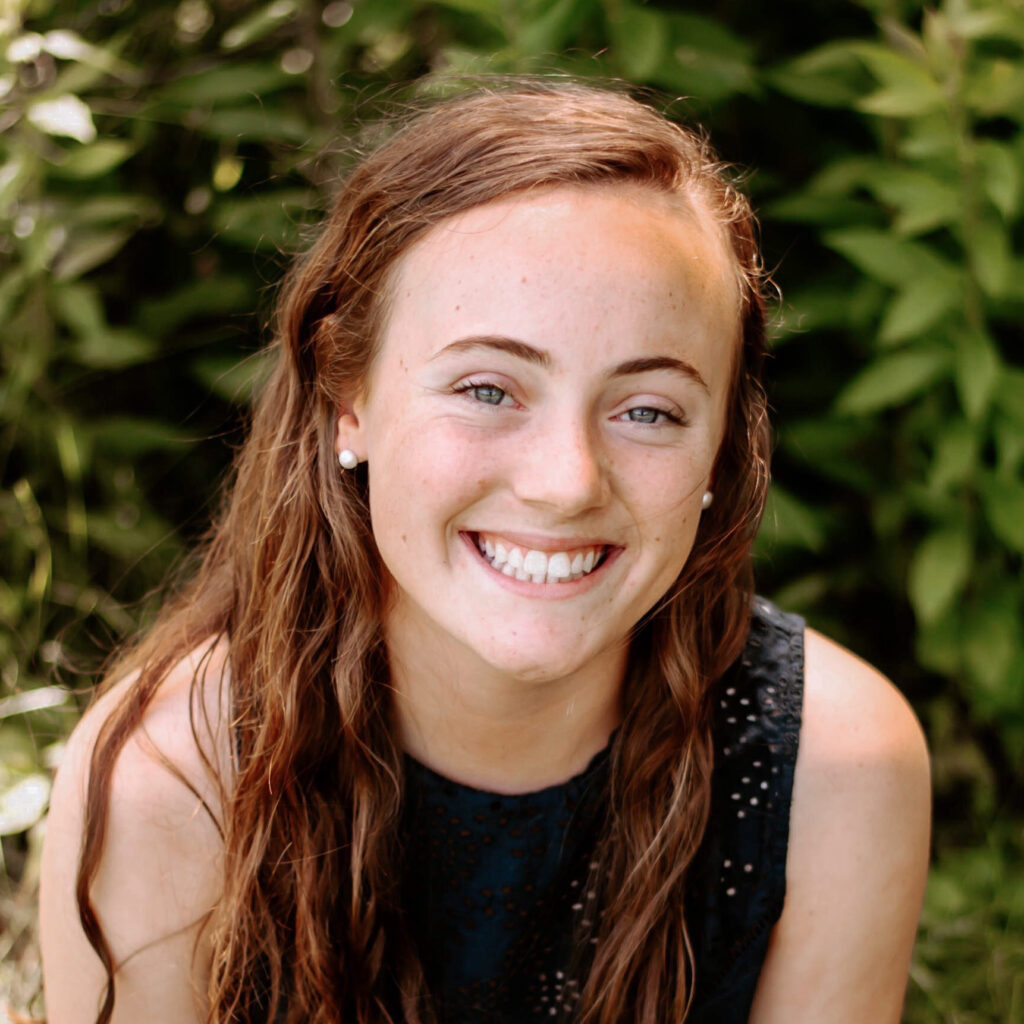
Hannah Ianelli › Undergraduate Research Assistant
Hannah (she/her) is currently a senior pursing a Bachelor’s in Neuroscience and a minor in Global Public Health for the Common Good. She is broadly interested in default choice and its application in widespread behavior change to support sustainable living. Within the SISC Lab, she will be working on her Senior Honors Thesis, focusing on changing default meal options towards more sustainable, plant-forward meal options.
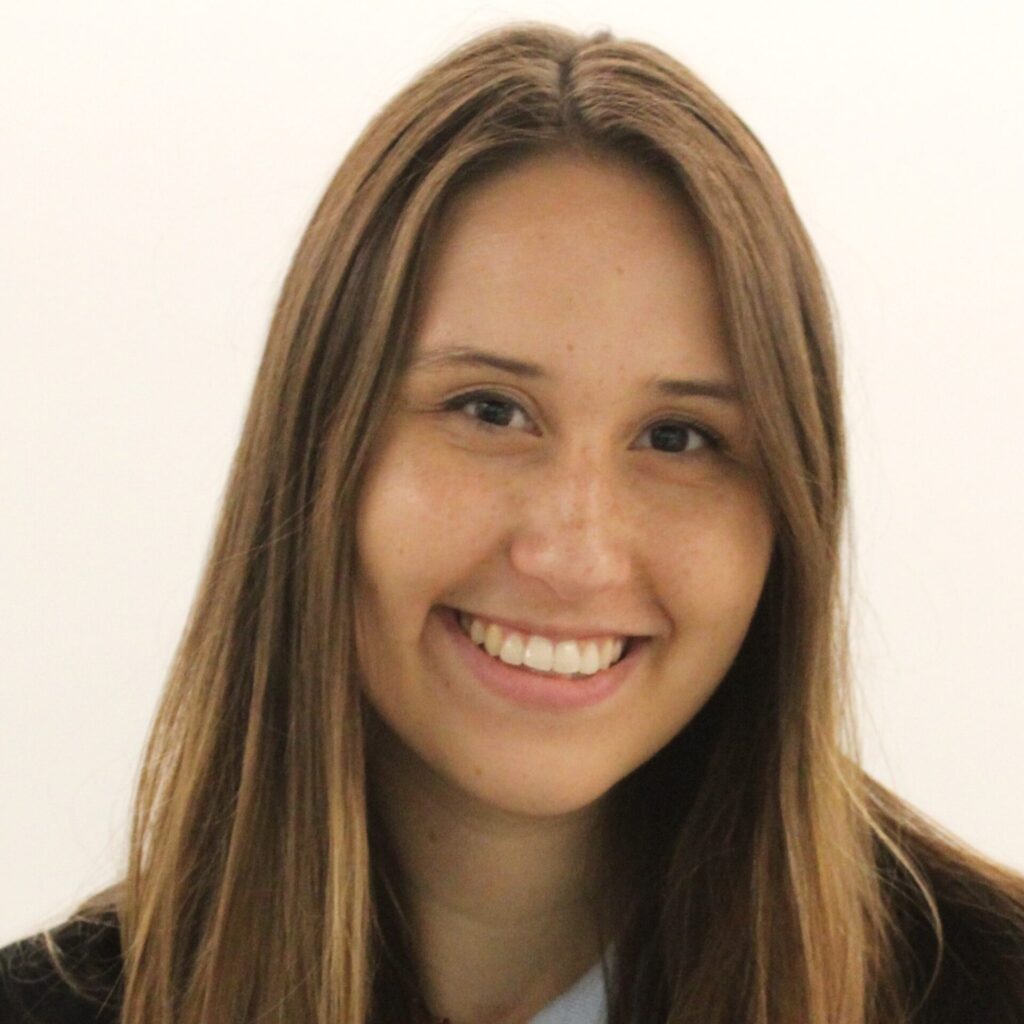
Mikayla Quintana › Undergraduate Research Assistant
Mikayla (she/her) is currently a senior pursuing a Bachelor of Science in Neuroscience with a Minor in Medical Humanities. She is interested in how intergenerational reciprocity influences people’s willingness to participate in collective action. As a daughter of an immigrant and refugee, she is particularly interested in examining the experiences of first and second generations within the United States.
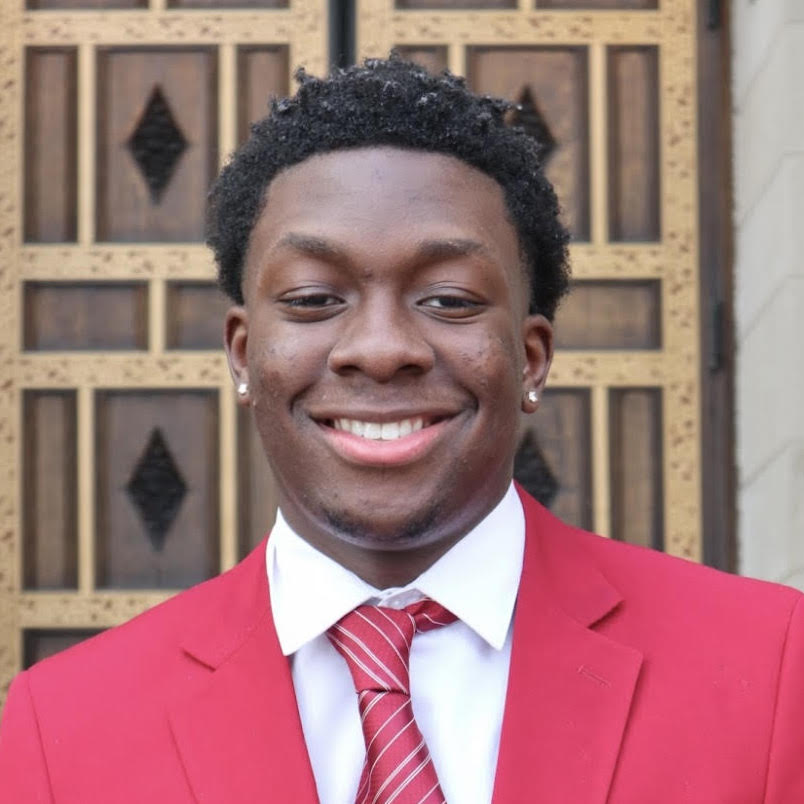
Dayo Lukan › Undergraduate Research Assistant
Dayo (he/him) A junior majoring in philosophy with a minor in managing for social impact and the public good. He is interested in educational inhibitors that prolong social issues.

Andrea Budiu › Undergraduate Research Assistant
Andrea (she/her) is currently a sophomore pursuing a Bachelor of Science in Neuroscience with a minor in Management and Leadership. She is broadly interested in how tyranny of the majority influences day-to-day decisions ranging from fashion choices to political affiliations, as well as motivators of change. As a member of SISC, she hopes to learn a lot of new skills and eventually narrow her scope of interest to develop a niche Senior Thesis subject.
Research Affiliates

Janquel Acevedo › SPUR Scholar
Janquel (any/all) is a first-year social psychology doctoral student at The University of Queensland under the mentorship of Dr. Winnifred Louis. They are passionate about the social psychology of social change and are generally interested in intergroup relations, collective action, and social change. They received their B.A. (summa cum laude) in Psychology at John Jay College of Criminal Justice, where they produced research on intergroup relations and political violence. Currently, they are researching Asian-Black relations and collective action at New York University and, as a SPUR scholar, social influence and social norms at Boston College. In their free time, they like to review old and new music records, watch baseball (go Yankees!), and hang out with family and friends.
Twitter | CV
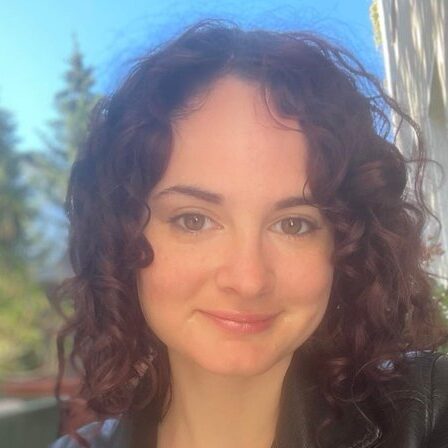
Alix Alto › Research Associate
Alix (she/her) is a 4th-year PhD student in Basic and Applied Social Psychology at the CUNY Graduate Center. Her research investigates identity, ideology, and imagination in the context of political group membership and social change movements. Broadly, she is interested in how what people believe could happen politically shapes what they think should happen politically, and how collective imaginative processes and possibility norms influence political and economic ideology. In particular, she’s interested in exploring topics such as: how radical imagination and possibility beliefs influence participation in leftist politics, how leftist identities cohere around (anti-)capitalist values, how moral values are conceptualized across the left-leaning political spectrum, how pluralistic ignorance influences ironic voting behaviors, and how beliefs about structural inequities shape approaches to solidarity and collaboration in climate activism. She received her B.S. (Hon) in Psychology from Northeastern University where she graduated summa cum laude and is currently pursuing a graduate concentration in Qualitative Research Methods.
Alumni
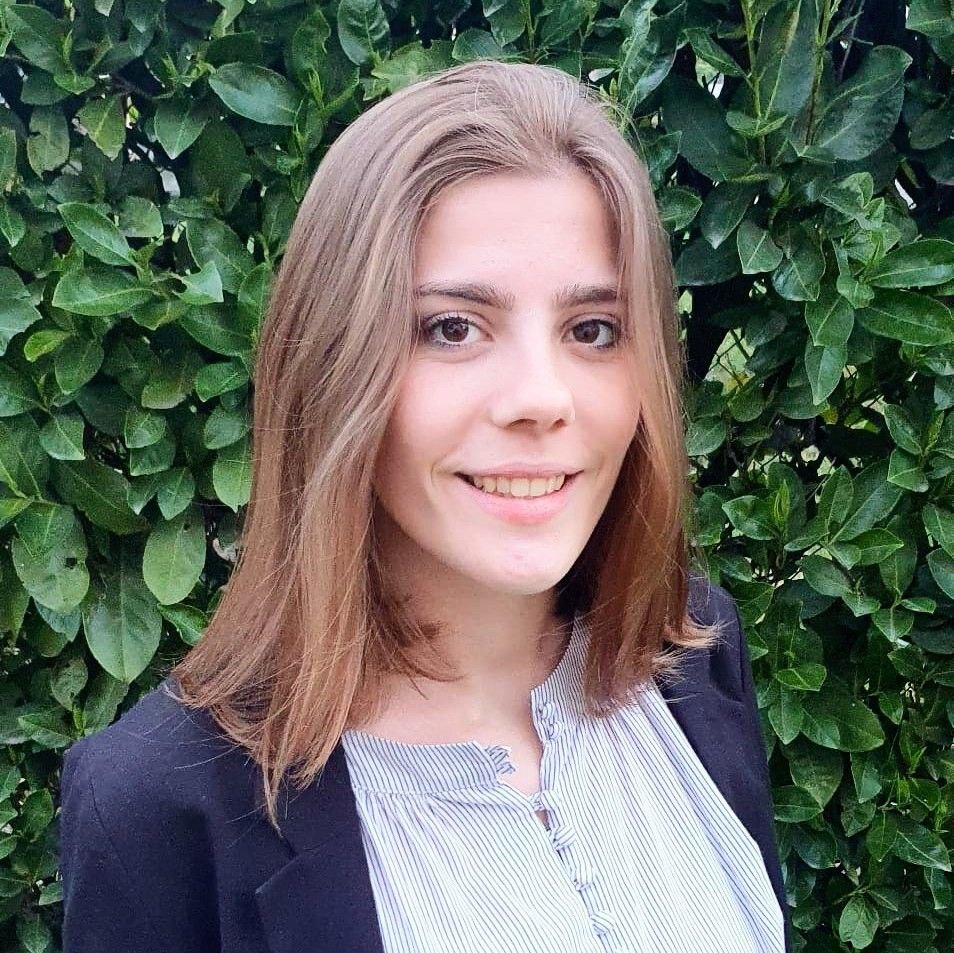
Elisa Tedaldi › Visiting Scholar
Elisa (she/her) is a 3rd-year Ph.D. student at the University of Padua (Italy) and a visiting scholar at the SISC Lab for a year. Her research focuses on climate change perception and how to promote different pro-environmental behaviors, such as sustainable eating and energy consumption. Other research interests include risk perception in general, emotion-cognition interaction in decision-making, how to promote pro-social behaviors and donations, and how people can cope with climate anxiety. Before beginning her Ph.D., Elisa She graduated Summa Cum Laude from the University of Padua in December 2020 with an M.Sc. in Applied Cognitive Psychology. She is also a senior member of the JDMLab at the University of Padua.
LinkedIn | Twitter
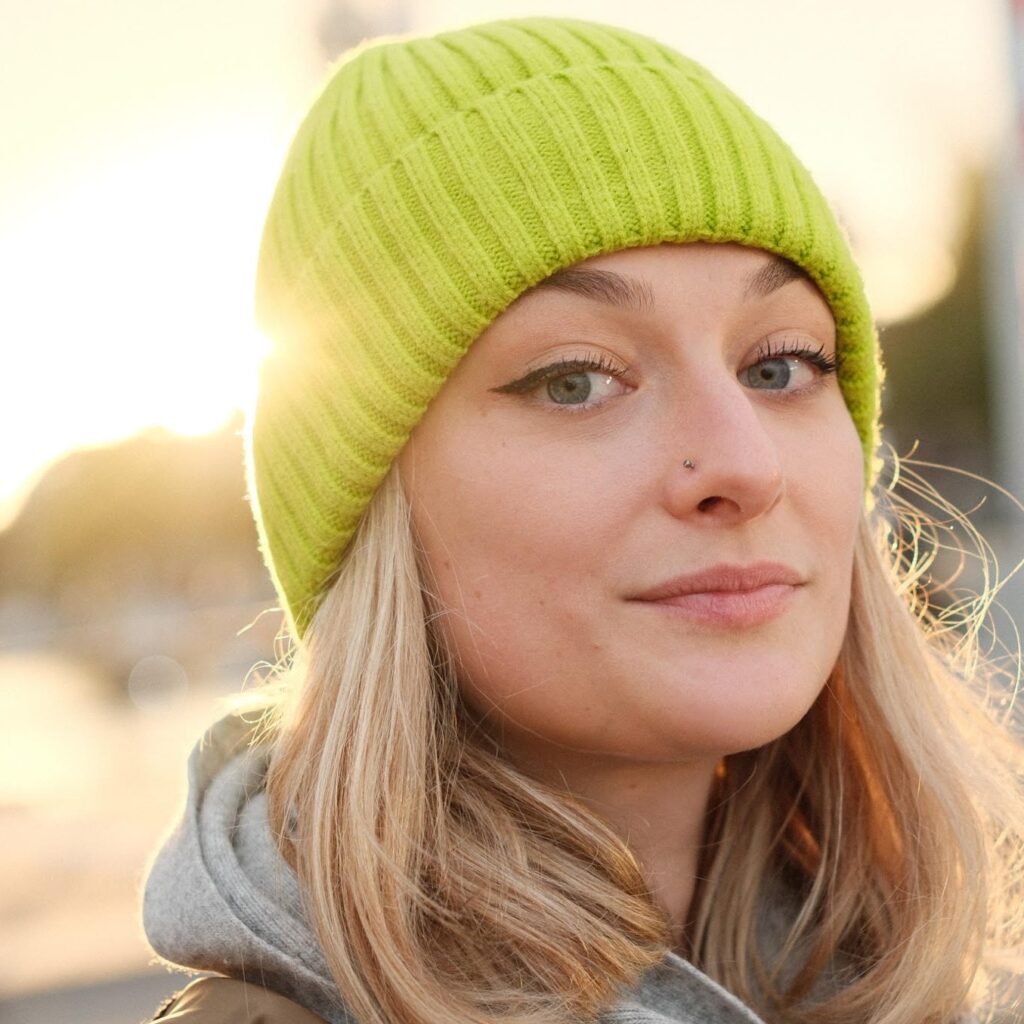
Tabea Hoffmann › Visiting Scholar
Tabea (she/her) is a 3rd-year Ph.D. student at the University of Groningen (The Netherlands) and a visiting scholar at the SISC Lab for five months. Her interdisciplinary doctoral project combines insights from urban planning and psychology investigating pro-environmental change in the context of neighborhoods. Before beginning her Ph.D., Tabea received a B.Sc. in Psychology in 2018 from the University of Tübingen (Germany) and a Research Masters in Psychology in 2020 from the University of Amsterdam (The Netherlands).
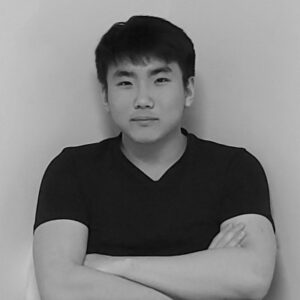
Nathan Liang › 1st-Year Ph.D. Student @ Cornell
Former Project Manager in the Morality Lab and SISC Lab
Nathan (he/him) is a 2nd-year Ph.D. student in Psychology at Cornell University. He is broadly interested in examining the interplay between social learning, social norms, and moral judgment and decision-making. He has also dabbled in experimental philosophy and is curious about how individuals’ religious convictions inform their metaethical beliefs. He received his B.S. in Psychology and minor in Philosophy in 2020 from Duke University, where he worked with Dr. Felipe De Brigard, Dr. Paul Seli, and Dr. Walter Sinnott-Armstrong. He was previously a field experiment coordinator working jointly with Dr. Liane Young and Dr. Gregg R. Sparkman in the Morality Lab and the Schiller Institute for Integrated Science and Society. Before that, he was employed as a lab manager and research specialist in Dr. Diana Tamir’s Social Neuroscience Lab at Princeton University.
Personal Website | Twitter | CV | LinkedIn
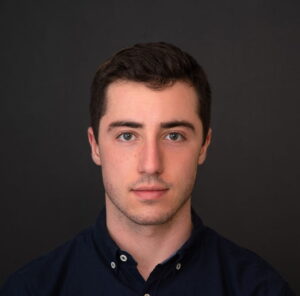
Paul Deutchman, Ph.D. › Postdoctoral Researcher @ UPenn
Former Ph.D. Student in the Cooperation Lab, Morality Lab, and SISC Lab
Paul (he/him) studies moral behavior and cognition with a focus on the factors and cognitive abilities that underlie and influence human cooperative behavior. He has conducted research projects on the role of fairness in motivating punishment, how reputational concerns influence third-party punishment, and the cognitive mechanisms that allow us to solve coordination problems. In his dissertation, he is examining how our beliefs about what others do and believe influence our own normative beliefs and behavior and how that varies depending on the type of normative information. Prior to graduate school, Paul received his B.A. in Psychology from Skidmore College and worked for a year at the Kellogg School of Management at Northwestern University. Currently, Paul is a Postdoctoral Research Fellow in the Philosophy, Politics, & Economics (PPE) program at the University of Pennsylvania.
Website | Twitter | CV
